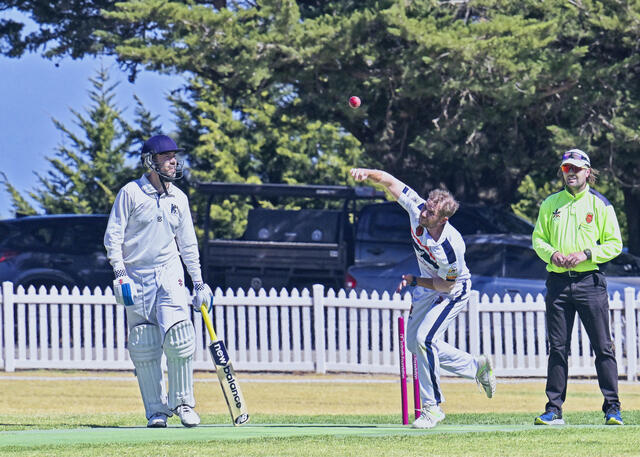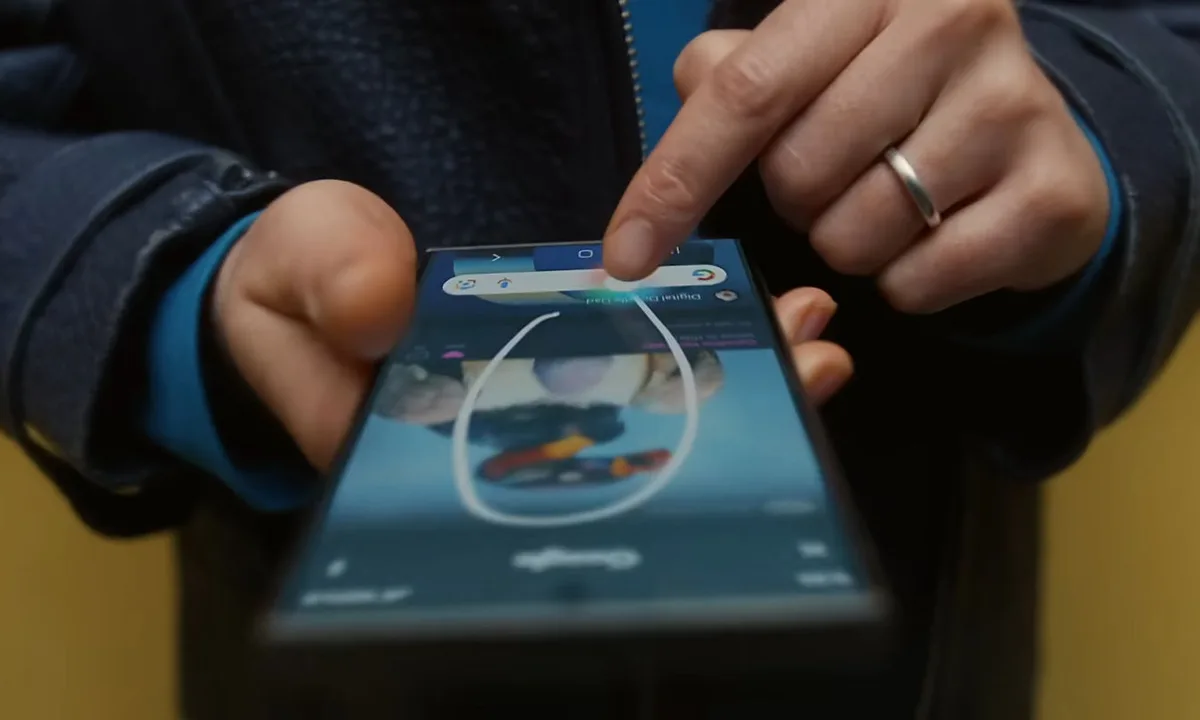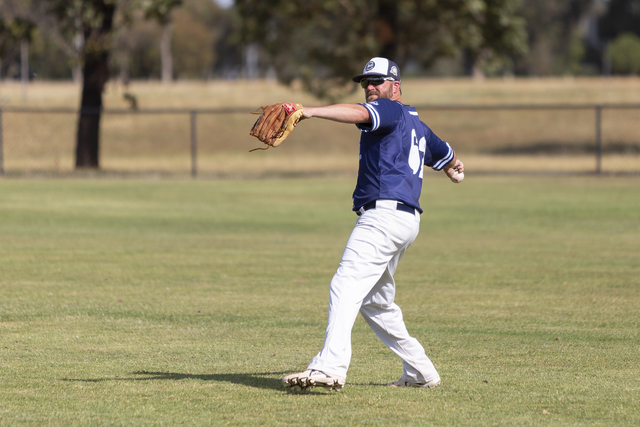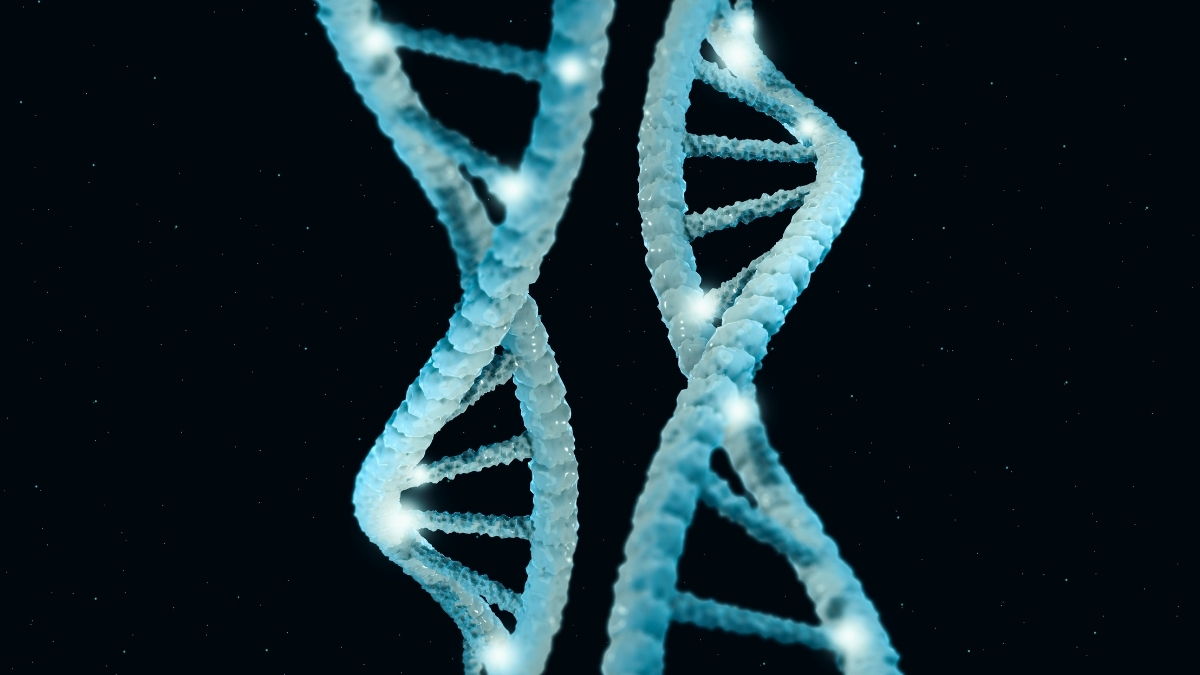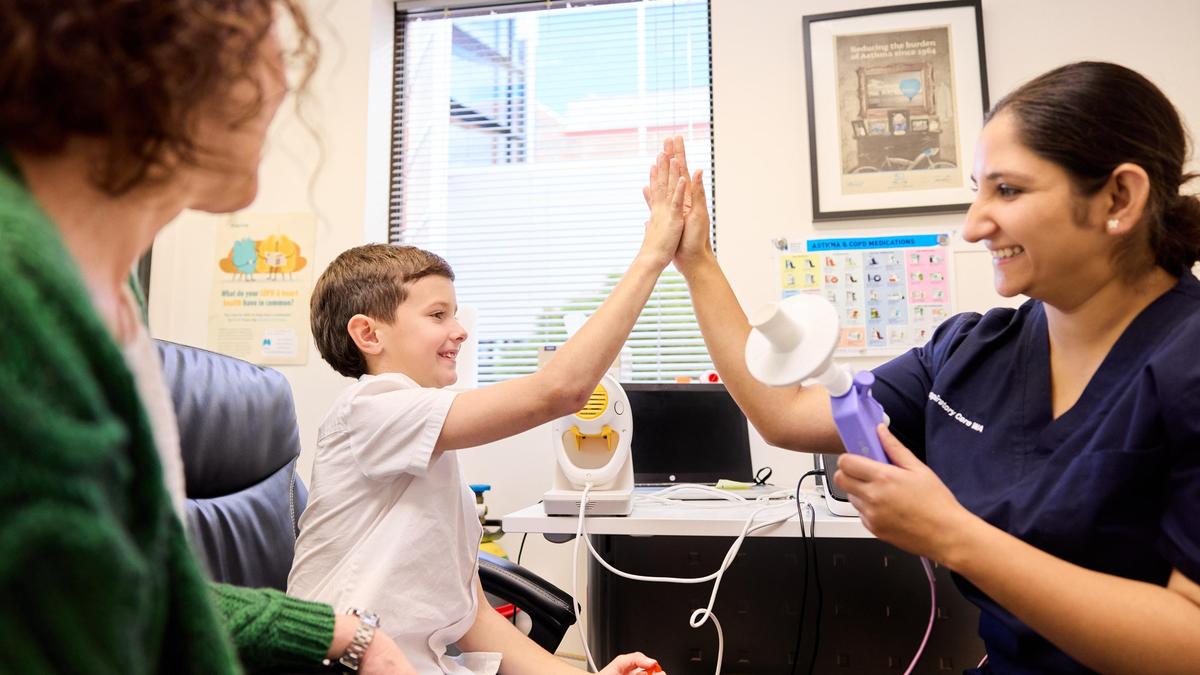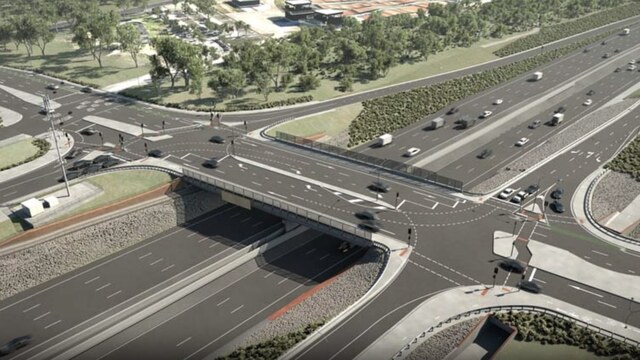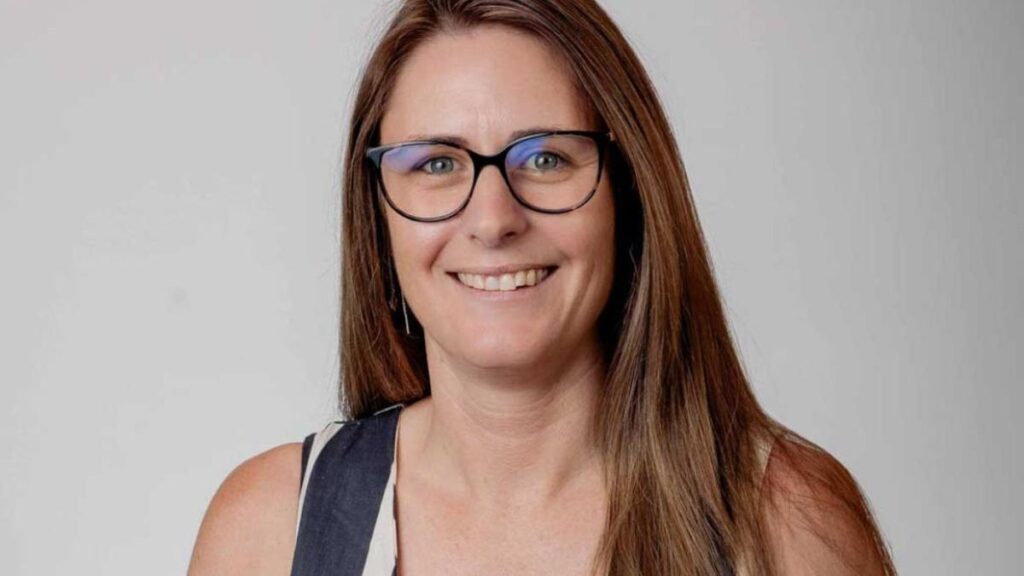
Catie Warden, a 27-year-old mother, has opened up about her challenging journey with mental health and endometriosis following the birth of her daughter. Instead of feeling the anticipated joy of holding her newborn, Warden experienced an overwhelming sense of fear. She has battled endometriosis, a chronic condition characterized by tissue similar to the uterine lining growing outside the womb, leading to significant pain and potential infertility.
Diagnosed at 20 after years of suffering, Warden endured multiple surgeries. Doctors advised her to “have a baby soon” to preserve her chances of conception. “Doctors always said: ‘Try the pill,’” Warden recounted. “But it wasn’t working. I’d have a week off every month from school because I was in so much pain.”
Warden’s journey began with painful periods at the age of 13. After her second surgery, her surgeon revealed the extent of the endometriosis on her ovaries, stating that removing all of it could jeopardize her ability to have children. “So she had to leave some in so I could have a baby. It was very much a timing thing,” Warden explained.
Despite conceiving quickly, Warden faced complications during her pregnancy, including pain, nausea, and high risks. By the time her daughter was born, her longstanding obsessive-compulsive disorder (OCD) and anxiety had intensified, making it difficult for her to bond with her baby. “I was promised love, intense love. But as I held her, I felt intense fear,” she said.
In an effort to manage her mental health, Warden voluntarily stayed in the hospital for three days after giving birth, while her husband took their daughter home. “Those three days apart felt unbearable. If it had been any longer, I don’t think I would have survived,” she admitted.
Living in Parkes, approximately five hours west of Sydney, Warden and her child were separated from her husband for three months, allowing her to focus on recovery. A turning point in her journey came when she met another mother with similar experiences. “She had the same shameful feelings, the same hurt, the same anxieties. It made me feel not alone,” Warden noted.
Through her involvement with the Gidget Foundation, Warden began to understand the connections between her chronic pain, anxiety, complex PTSD, ADHD, and endometriosis. “One of the team said endometriosis has links with mental health, and I thought, ‘Hang on, what?’ Of course it all connects, but I had no idea until recently,” she shared.
Katie Peterson, a clinical psychologist at the Gidget Foundation Australia, emphasized that Warden’s experience is not unique. “Chronic health conditions often add an invisible load to carry,” Peterson said. She highlighted the importance of early intervention and the need for healthcare providers to support women from pre-conception through pregnancy to help manage symptoms and improve overall well-being. “Women often require more frequent or longer-term support than the model of care provides,” Peterson added.
For new parents facing similar challenges, Peterson stressed the necessity of open communication. “We encourage all new parents to start talking. We know the importance of getting timely and appropriate mental health support,” she advised.
Warden, now reunited with her family, is committed to raising awareness about the hidden connections between reproductive health conditions like endometriosis and perinatal depression and anxiety (PNDA). Her message to other mothers is clear: “There’s nothing wrong with you. You’re not broken, and you’re not alone. If sharing my story helps one mum speak up sooner, then it’s worth it,” she stated.
For those in crisis, assistance is available. Individuals can reach out to Lifeline at 13 11 14 or the Kids Helpline at 1800 55 1800 for support. Additional information about depression can be obtained by contacting Beyond Blue at 1300 224 636 or consulting a local health professional.

